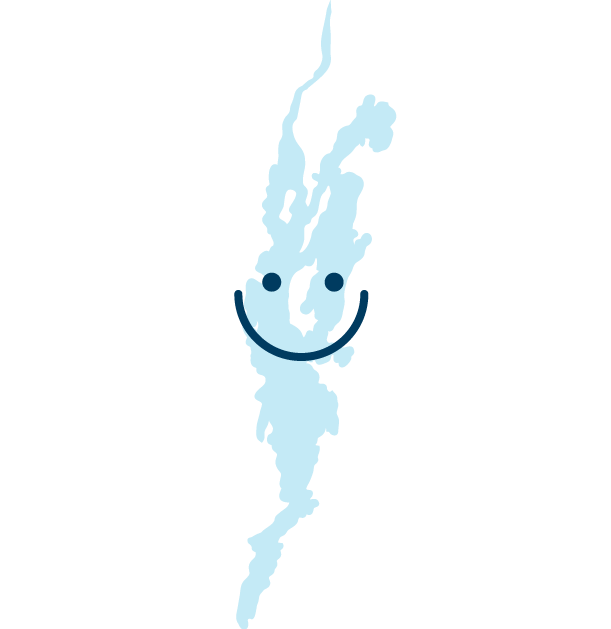
When excess water from rain or snow melt flows over driveways, sidewalks, and streets, pollutants are picked up along the way. These pollutants—oil, grease, chemicals, nutrients, metals and bacteria—flow into stormwater systems or directly to the lake, streams, rivers, or wetlands.
Unwanted materials that flow into the stormwater system are discharged untreated into the waterways—the same waterways used for swimming, fishing and drinking water.
Get tips and updates about upcoming events!
Each newsletter is packed with things you do to help keep Lake Champlain clean. We’ll never share your information.
What can you do to reduce stormwater runoff?
Awareness about stormwater and its effect on rivers, streams, and lakes is the first step to minimizing pollutants in our waterways.
You can help reduce stormwater runoff by taking these easy steps in your home and around your neighborhood.

2023 Stormwater Survey
The results of our 2023 Stormwater Awareness Survey are live!
We’ve been conducting a similar survey every five years for the past 20 years to measure local residents’ awareness, education, and behaviors surrounding stormwater runoff and its effects on our rivers, lakes, and streams.
Learn more about the survey and how you can help mitigate stormwater around your home.

Ms. Drop’s Tip of the Month
Do you live in Burlington, Colchester, Essex Town, Essex Junction, and Milton?
We’re looking for volunteers to Adopt-a-Drain this spring!
Learn more about Adopt-a-Drain here and sign up to Adopt-a-Drain in your town here!
Rethink Runoff is an ongoing awareness and public outreach effort to reduce dirt and pollutants in stormwater runoff in the Lake Champlain Basin.
The Rethink Runoff program, managed by the Chittenden County Regional Planning Commission (CCRPC), assists several municipalities and entities in complying with federally required stormwater permits.



